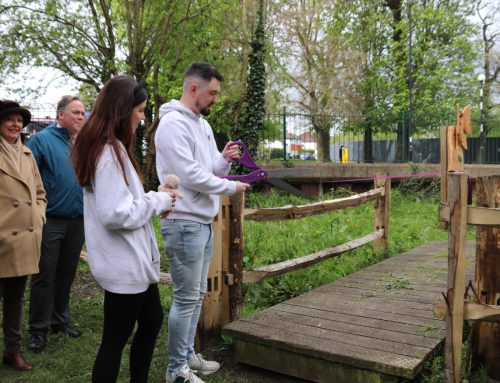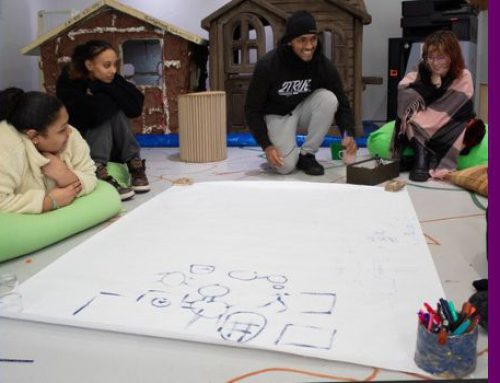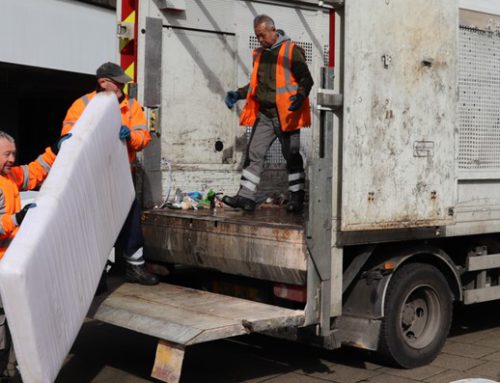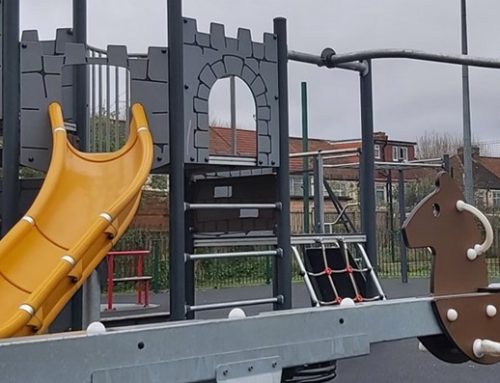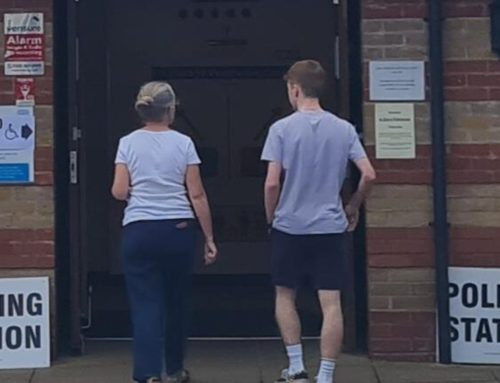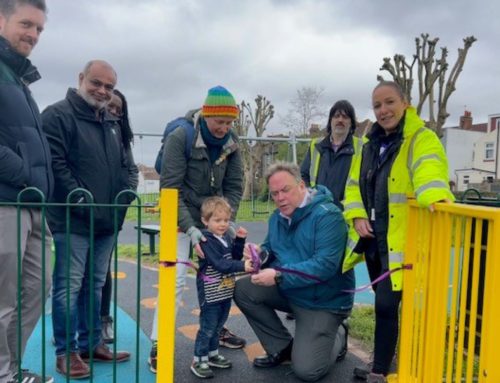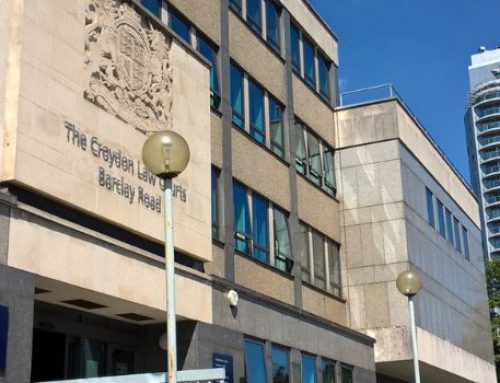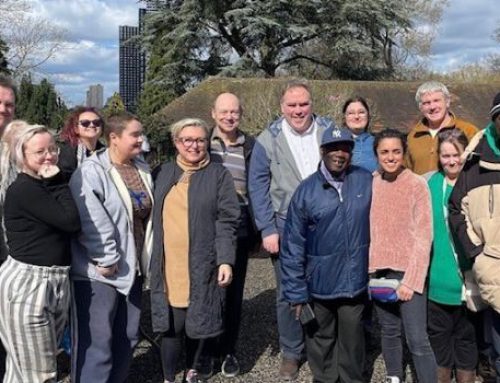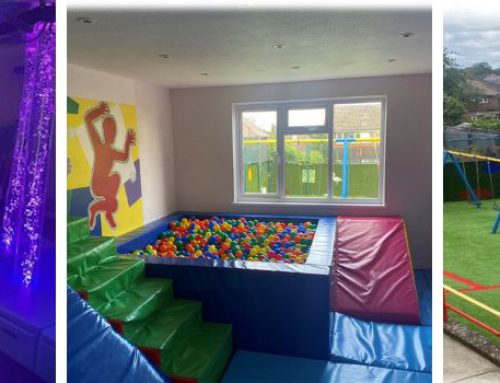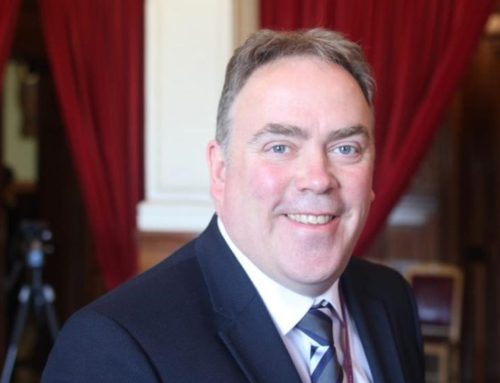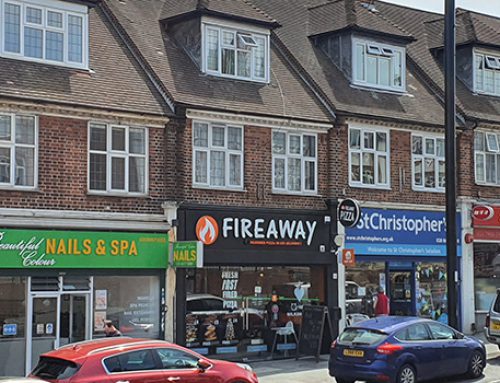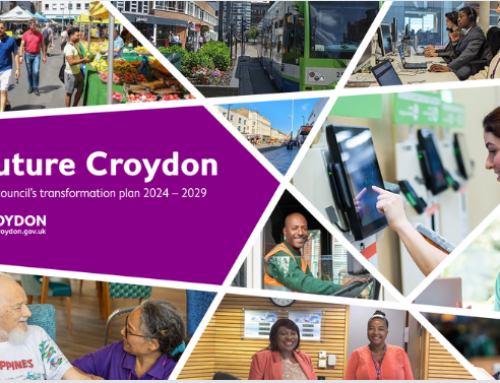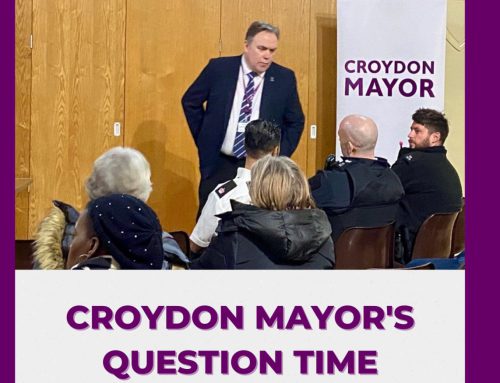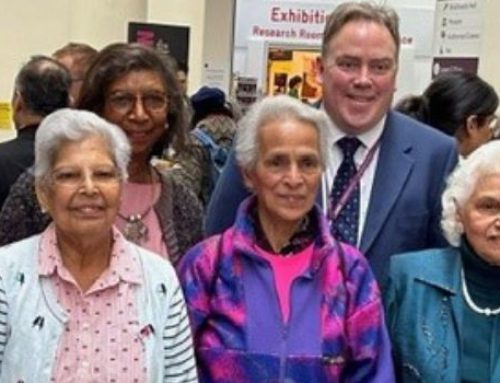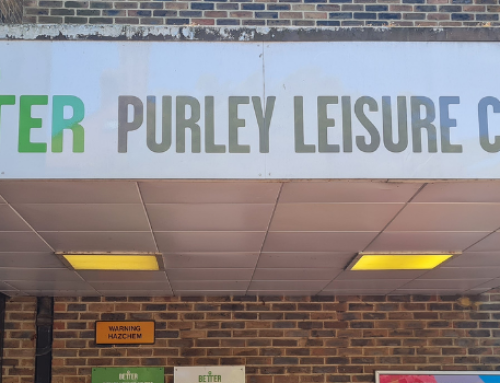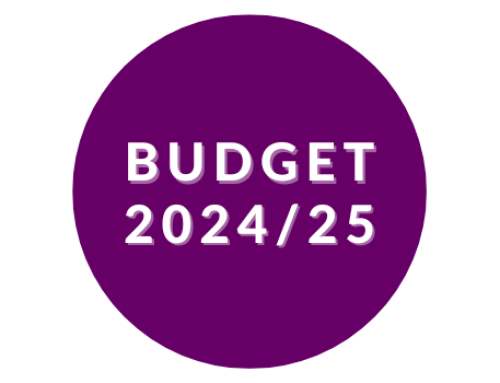Social care for children in Croydon is becoming ‘consistently better’ as the council continues to improve its service at ‘accelerated pace’, Ofsted has found.
Ofsted has today (2 August) published its findings from its most recent monitoring visit to Croydon, which took place on 10 and 11 July 2019. The visit was the sixth since the borough’s Ofsted inspection in 2017. Findings can be read in full here.
Inspectors praised the ‘rigorous drive and direction’ provided by the Executive Director and the Director of Early Help and Children’s Social Care, which they noted has ‘created the conditions that are enabling steadily improving practice and outcomes for children.’
They noted ‘staff report feeling valued and well-supported and caseloads have reduced to a manageable level.’ The impact of this was seen in an ‘improvement in the overall quality of practice for children, including disabled children, as shown through accurate and insightful service reviews, individual case audits of children’s experiences’.
Inspectors also commented on the ‘considerable political support for continued improvement, including significant financial investment’.
During this visit, inspectors focused on the progress made in children’s services at the ‘front door’ – how the team responds to referrals and assesses risk – as well as services offered to children with disabilities and children who are privately fostered.
They reported that Croydon has a ‘safe and solid’ front door, where children’s needs are ‘responded to quickly’ and ‘appropriately prioritised according to risk’. They highlighted the effectiveness of Croydon’s new early help service, which works with families experiencing difficulties to support them, strengthen them, and build their resilience, helping to prevent statutory intervention later. Inspectors described this as ‘a helpful alternative to ensure that children and their families are supported’ in line with their needs.
Inspectors found all children with disabilities are ‘visited frequently, with positive engagement with children and their families and good liaison with other relevant agencies. Management oversight is visible, and workers understand the needs of disabled children and advocate well when necessary.’
While they highlighted many examples of improvement, Ofsted agreed with the council’s own assessment that services for children with private fostering arrangements are inadequate, and need strengthening. They noted that a dedicated improvement plan was already under way.
“I’m pleased that Ofsted have noted the drive and determination at all levels of our council to keep up the pace and progress on our improvement journey, and that they feel our service is becoming consistently better for children.
“It is also good to note their confidence in our assessment services, and how we not only safeguard children, but help to strengthen whole families through our early help service.
“However, most importantly we recognise there is still considerable work to do. We remain committed to continuing our improvement journey and will not allow ourselves to become complacent. We are already working to improve our service for children in private fostering as an absolute priority, and will keep up our pace until all children are receiving the excellent service we want them to have.”
Councillor Alisa Flemming, cabinet member for children, young people and learning
Notes to editors
Private fostering arrangements are when a parent or carer has arranged for another adult, who is not a close relative, to foster their child, without the involvement of the local authority. These children and young people are not in the care of the local authority.



